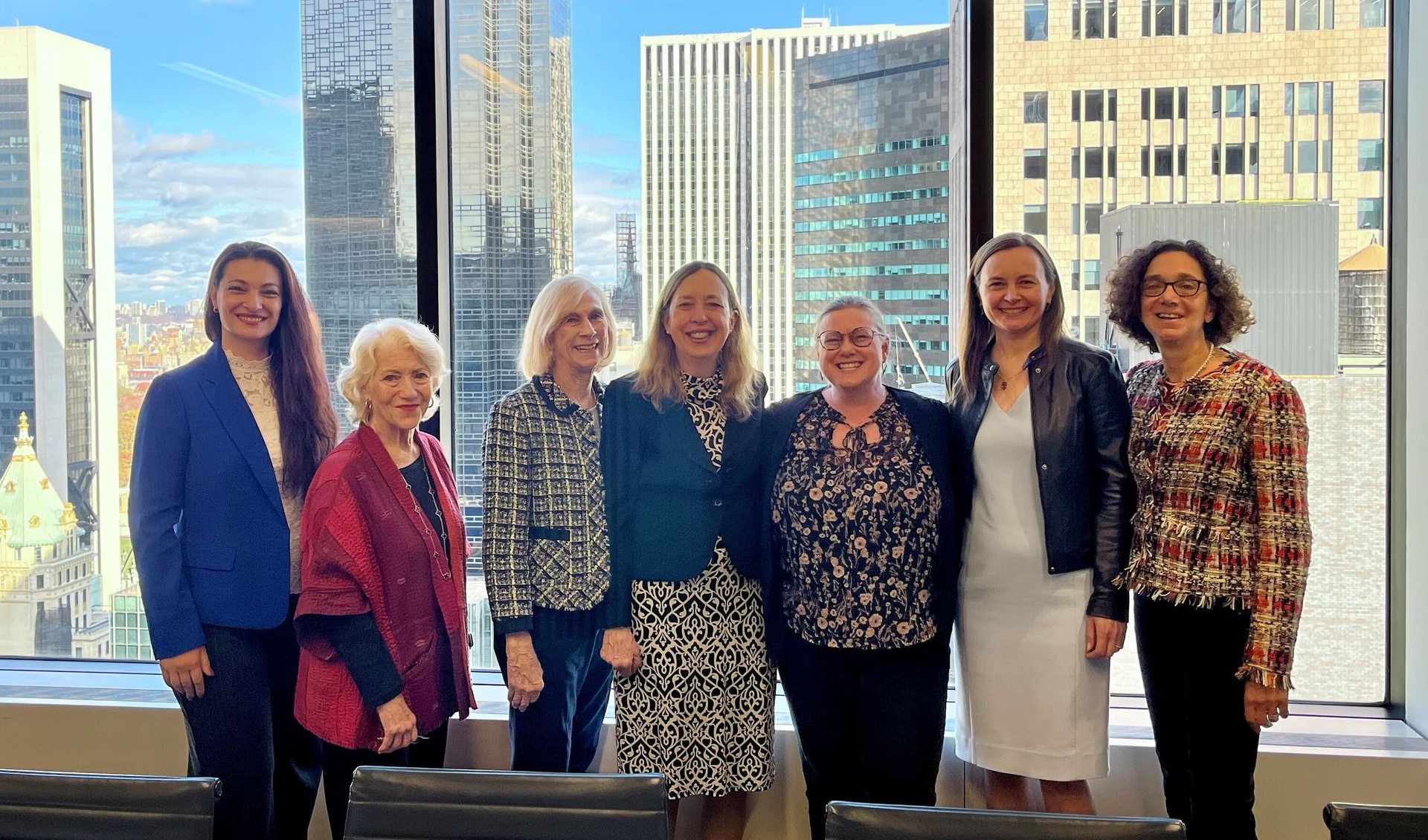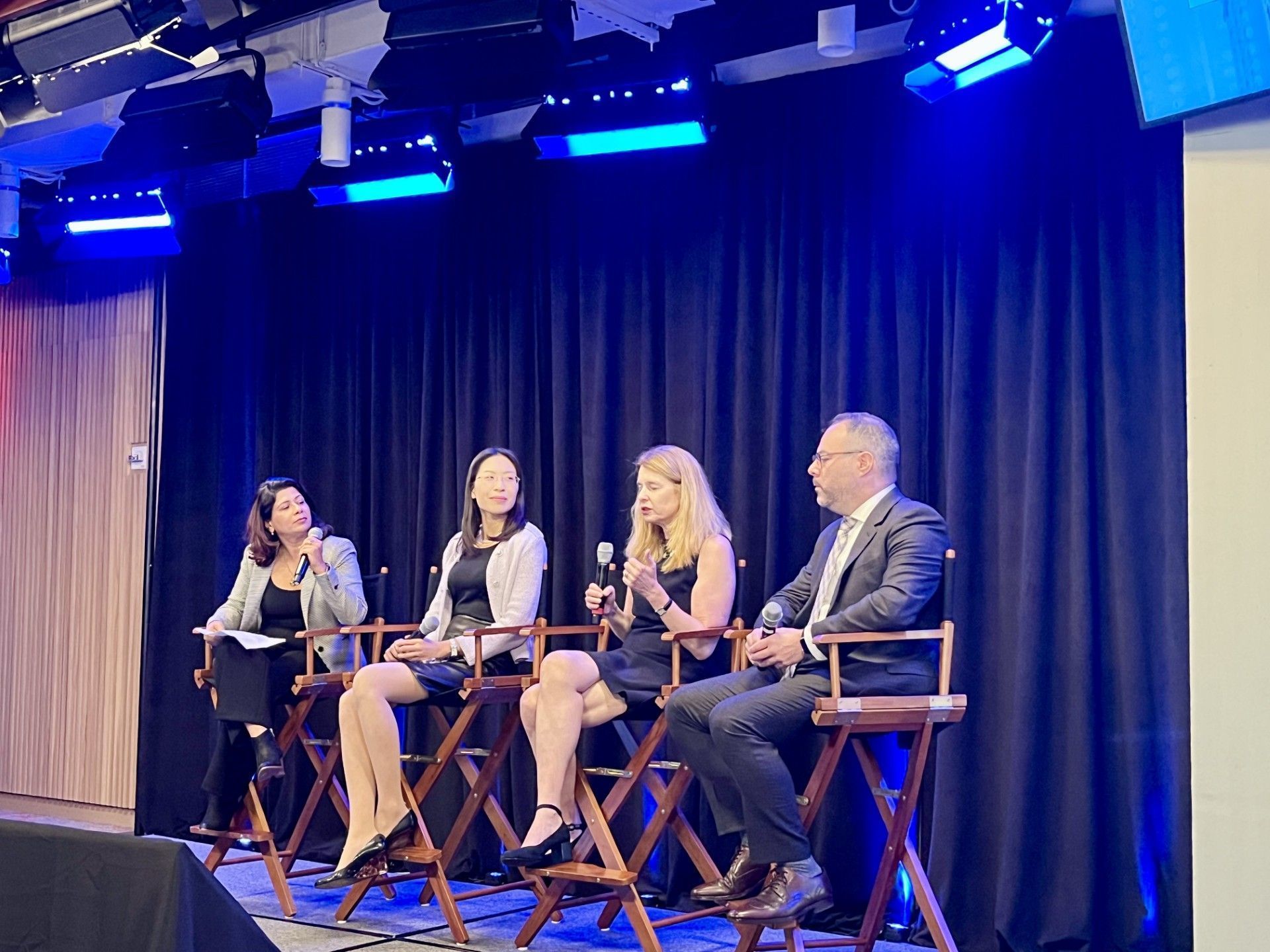October 24, 2025
On Tuesday, October 21, 2025, the Financial Women's Association's Annual Summit: Disrupting Wall Street highlighted how disruption is touching every aspect of our industry - from our cities and workplaces to the global economy. From Kathryn Wylde's call to rebuild public-private partnerships to Rick Rieder's global outlook, we were reminded that we're living through a new kind of industrial revolution. Every session pushed us to think bigger. We began with a powerful keynote from Kathryn Wylde who reminded us of the urgent need to revive public–private partnerships, particularly amid uncertainty in our own city. Conversations in following panels turned to the adoption of AI within individual firms, and considered how it is changing how we work on a day-to-day basis, fundamental aspects of our organizational structures and how they operate, and wider macro implications of advances in technology which will foundationally impact employment and education. Many speakers addressed the fact that we will need to learn to manage the masses of data at our disposal and the various implications of its usage. We are seeing the rise of the sophisticated retail investor in the markets, and increased discussions about the role of private credit markets. Here in NYC, we are known as the hub for Fintech and second only to Silicon Valley in venture capital. There is a revolution going on here too from increased investment in helping people to build financial resiliency or the disruption of the ecosystem to bring more capital to female or mixed gender led businesses. The enormity of the upcoming wealth transfer to women will only exacerbate this change. Yet amid all the talk of advances in technology and continued innovation, one key message came through clearly: the human component remains front and center. Leaders shared the value they place in collaboration and networking, and numerous speakers emphasized the concept of trust, whether it is between private and public partnerships, the ability of leaders to support their employees as AI is adopted within their firms, the relationships with regulators, or the acceleration of Fintech. Culture and behavior are also key; many of our speakers talked about experimentation, democratization, and staying curious. They reminded us not to be afraid of change and to seek out others to learn from. While some of these things may at times feel daunting, it can also be a time of exhilaration. We at the FWA are excited to be a part of your journey through all of this - supporting our members as they navigate and shape the future of finance. Thank you to our incredible host, Amazon Web Services (AWS), our Summit Sponsors Korn Ferry, Trianz, Concierto, and N-iX, our Promotional Partners Al NYC, TechWalk NYC, and This Week in Fintech, and our event organizers, the FWA Annual Summit and Fintech Committees. To every speaker, attendee, and committee member who helped make the day unforgettable, thank you for showing up ready to learn, share, and make an impact.






